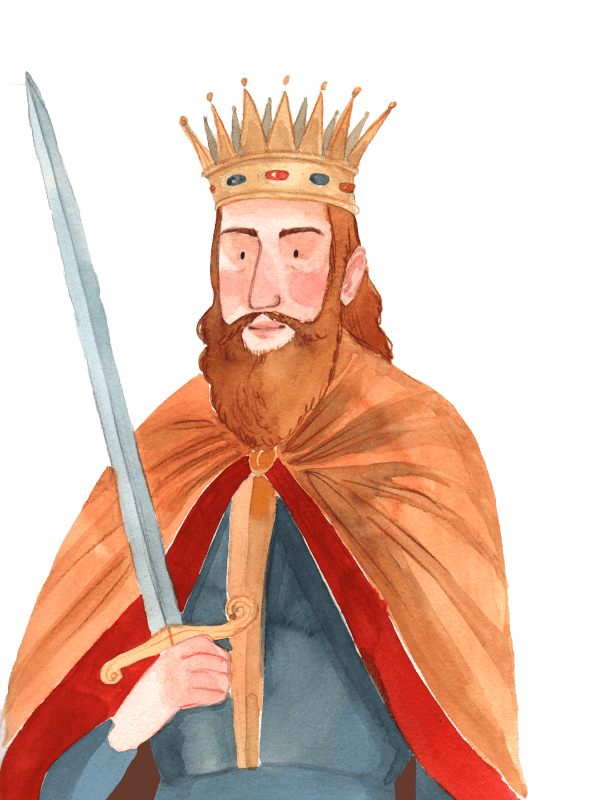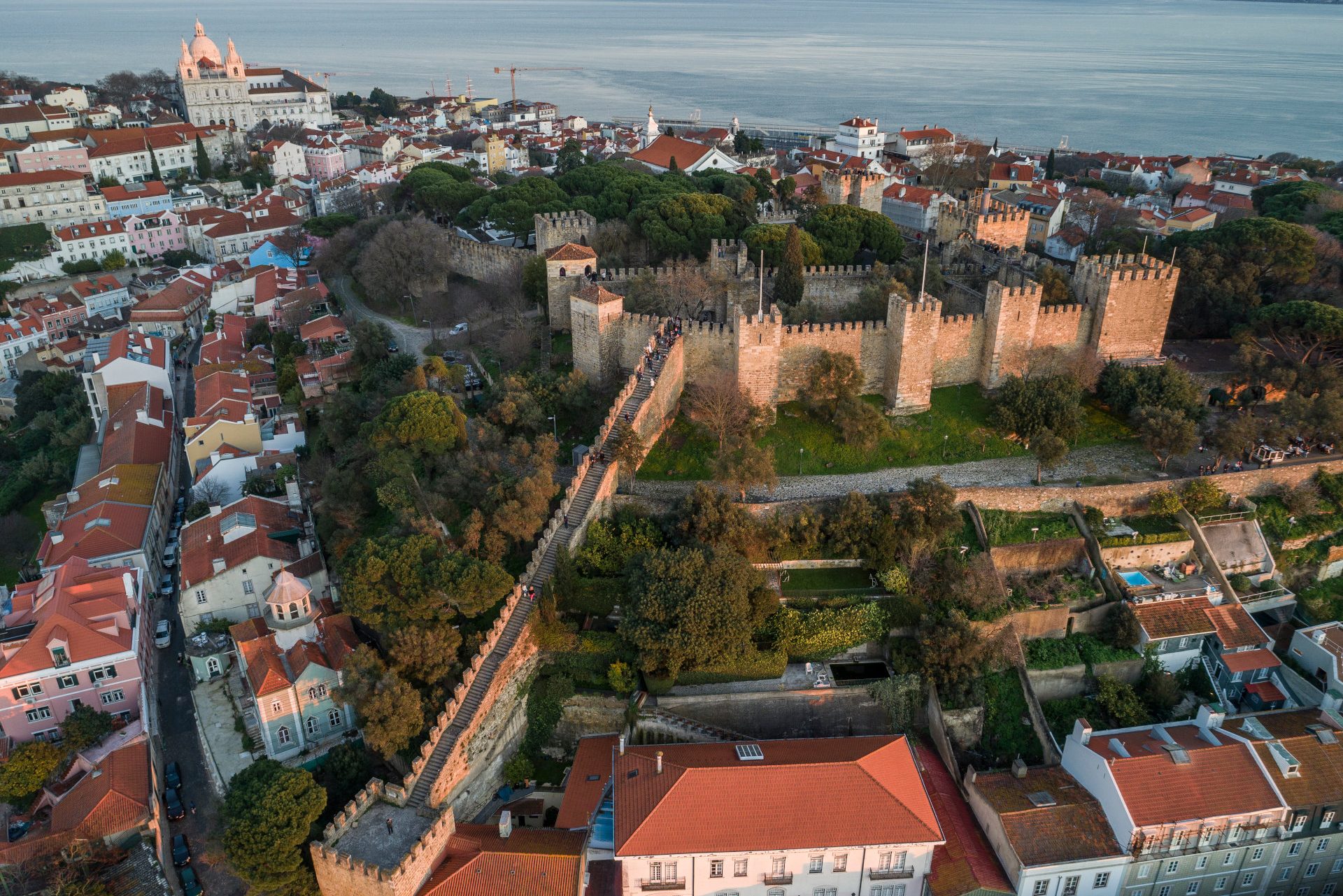King Dinis

Dinis (1261-1325) was the sixth king of Portugal and reigned from 1279 until his death.
He was a charismatic king who was responsible for a series of initiatives which led to the establishment and institutionalisation of some of the most foundational aspects of the country. He set up universities (Estudos Gerais) in Lisbon and then in Coimbra and his literary output and the attention he paid to the arts and the Portuguese language is well known. In the economic sphere, he established international trading relations and domestically gave tax exemptions to fairs. He created 44 new councils and, in terms of defence, consolidated the border in 1297 (through the Treaty of Alcanices), reinforced the whole kingdom’s defensive systems, reorganised the navy and is regarded as the founder of the municipal militias, the forerunner to the national army.
In Lisbon, he had the Dionysian wall built in 1294 to protect the area of the city by the river and, at the Palace, he ordered that there be a permanent chaplain at St Michael’s Chapel, holding masses even when the king was not present (January of 1299). He also had the contents of the Royal Treasury moved to the Albarrana Tower.
Did you know that…
King Denis is buried at the Convento de S. Dinis de Odivelas?
